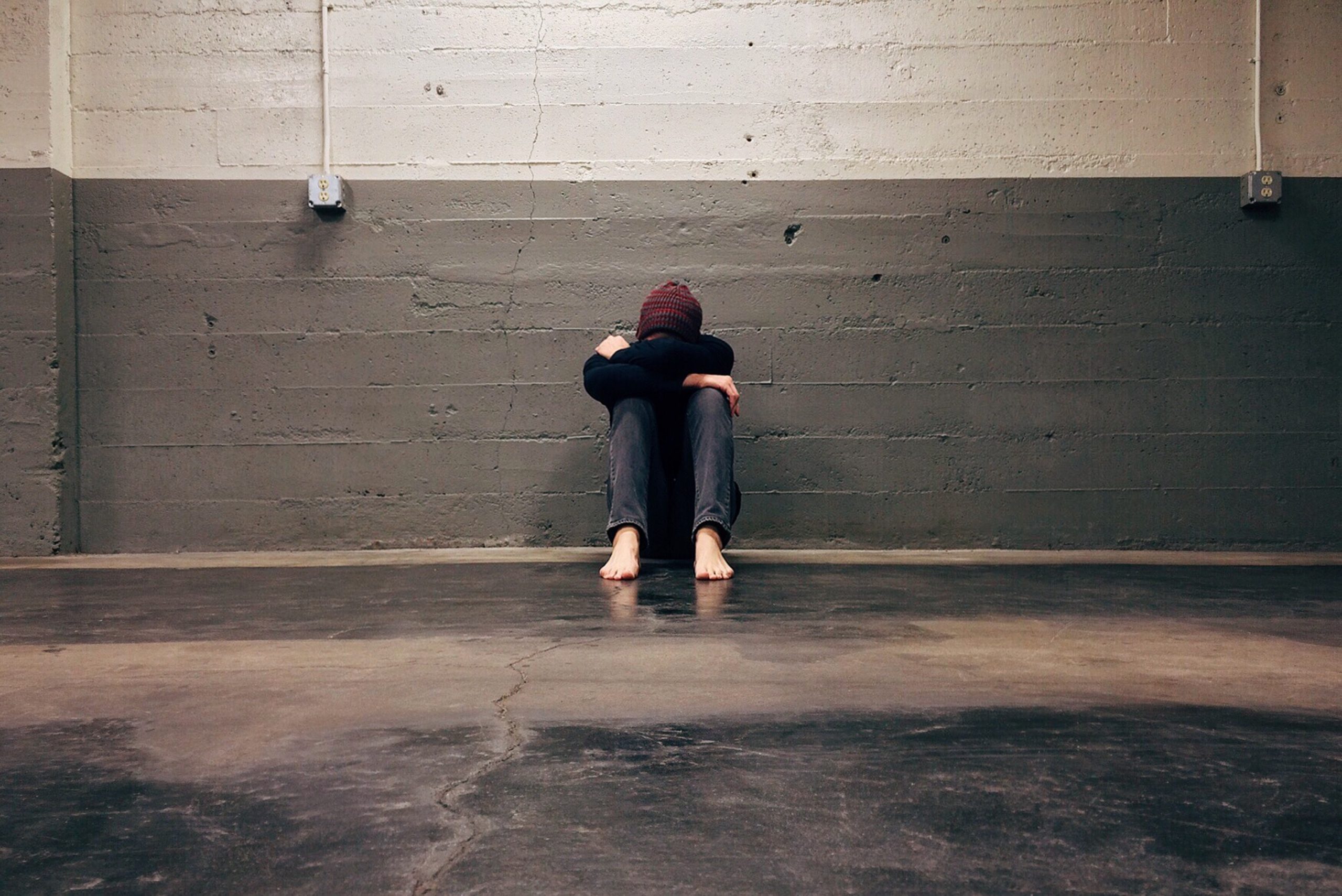Table of Contents
Mental health issues have plagued American healthcare institutions even before the pandemic. But COVID rendered more people vulnerable to anxiety and depression during a period of political upheaval. So, many people found their mental well-being sabotaged after the events of 2020. From domestic issues to a shattered economy riddled with unemployment – citizens reported more cases of burnout in 2020.
According to ADAA reports, 40+ million Americans were treated for mental health problems in 2019. Sadly enough, 60 million adults and children in the United States have no access to therapy or counseling. So, below we’ve compiled some coping strategies for people suffering from declining mental health.
The rise in declining mental health
The prevalence of mental health issues in the United States isn’t news anymore. Statistics indicate that every fifth American adult experiences at least one mental health issue. So, what are some common problems associated with mental well-being in the country? Experts estimate that most people have anxiety, bipolar, and major depressive disorders. These problems cause people to develop asthma, arthritis, diabetes, heart conditions, and high blood pressure. Some mental health matters have even been linked to cancer and cirrhosis.
Today, healthcare workers are diligently working day and night to identify all the factors responsible for people’s declining mental health and develop strategies and techniques to limit them. Many healthcare professionals like nurses are pursuing higher education to research plausible causes behind rising mental health issues and develop coping mechanisms. Whether working as a senior nurse or family nurse practitioner, nurses must ensure patients’ holistic health. And that’s why most of them pursue higher education, as it instills all the essential skills needed to deal with the population’s physical and mental health issues. For instance, many FNP aspirants opt for online DNP-FNP to understand the healthcare challenges of our era and ensure quality care. Online learning provides them flexible schedules to manage work, studies, and research endeavors simultaneously.
Now, let’s discuss some coping strategies you can try to curb mental health issues.
Express your emotions
So, what’s a controlled method of letting your emotions out? You can pen them down in your journal and share your feelings with trusted friends. Also, we have yoga, exercise, and meditation to help people regulate their thoughts and emotions. Another practice involves assuming your friends are suffering from trauma. How would you console them? Try to apply a similar solution to yourself. That’s how a person can cope with stress and attain self-control. Just don’t keep your emotions bottled up now.
Rejuvenate your soul
Besides workout routines to sharpen yourself mentally and physically, we suggest some practices to “revive” your tired soul. It’s been observed that soul-healing techniques have helped people control their emotional health, which constitutes an essential component of our mental well-being. There are several benefits of practicing mindfulness exercises. They enable you to stay in the present and focus on your surroundings. Soul-healing methods and mindfulness fall into energy healing methods.
Follow a routine
Following a routine helps you organize a balanced lifestyle and manage your stress and anxiety levels. It also ensures that you stick to a planned schedule. So, it would help if you slept at a fixed time and consumed meals punctually. This practice also allows people to separate their office affairs from seeping into domestic matters. We strongly suggest creating a timetable dictating your tasks and duties. But, try to stick with this timetable faithfully to keep your mental health intact.
Know your triggers
Identify your triggers, all of those things that make you feel stressed and depressed. For example, when you’re not able to concentrate, find out what distracts you and keeps your attention wayward. Our feelings and emotions, along with actions and sensations, may contribute to declining mental health. So, find out which situations lower your morale and increase your anxiety. Consequently, you can overcome the physical symptoms of stress/anxiety and regain some control over your vulnerable psychological well-being.
Connect with people
Social isolation – especially the corona-imposed one during this pandemic – has made people more vulnerable to stress/anxiety. Experts have claimed that isolation’s harmful impact appears as stress, insomnia, and even physical manifestations. So, stay connected with people – physically or digitally – to cope with this COVID trauma. Reach out to friends and family to strengthen your mental health via social ties. You don’t have to feel alone during this pandemic, so surround yourself with loved ones.
Curb your enthusiasm
Having unrealistic expectations may lead to an excessive workload, thereby more stress and anxiety. We suggest curbing your expectations to a realistic standard. You can’t homeschool your children while working full-time, neither can you prepare dinner every night after cleaning the house spot-free. Besides, multitasking can take a massive toll on your overall health. Prioritize some tasks only and make others your second priority. Allow yourself some time to breathe during such testing times.
Avoid drinking excessively
Regulate (or eliminate) your bad habits to cope well with stress and anxiety. Excessive drinking or smoking isn’t recommended for people who wish to survive the onslaught of this pandemic. Some folks pick up excessive drinking as “self-medication” when it’s just mitigating your chances to control your negative emotions healthily. Remember that abusing drugs isn’t the answer to your stress. Treat your body like a temple, and avoid engaging in unhealthy habits anymore.
Practice self-care
Maybe you’re not coping well because you’ve neglected simple self-care methods suggested by our health experts. For instance, a 2013 Gallup survey indicates that 40% of Americans were not getting the recommended amount of sleep. Moreover, the trend of consuming fast food has become dominant in the country in recent years. So, practicing self-care strategies can help you cope better with stress and regulate your emotions healthily. How to take care of yourself? Here are some self-care techniques:
- Stay away from smoking/vaping.
- Eat meals that are rich in nutrients.
- Work out at least thirty minutes per day.
- Stay hydrated by drinking plenty of water.
- Keep your internet usage limited and cut down on social media.
Conclusion
Sadly, every mental health problem isn’t curable, but we can manage them by learning effective coping techniques. Several studies prove that people are battling various mental health issues in today’s age. But, you can also control your negative thoughts and learn to combat your mental health issues courageously.
So, what are these coping strategies? We suggest you practice deep-breathing exercises. Make sure that you’re aware of your surroundings in a mindful manner. Rest properly, work out often, and remain hydrated. Also, practice self-awareness techniques and find tools to curb your stress. You should engage yourself by picking up distractions (hobbies). That’s how you make your mental health better.



